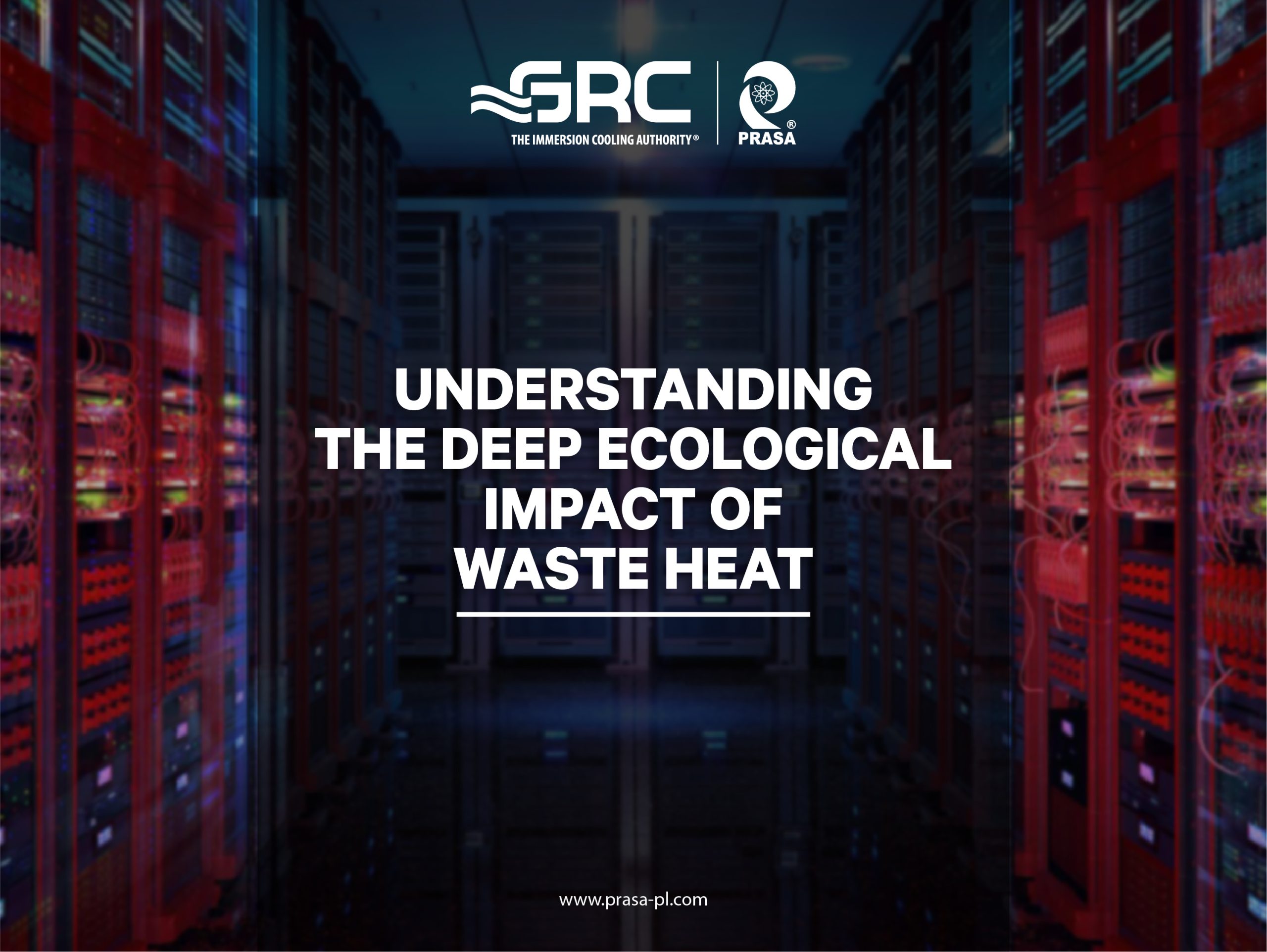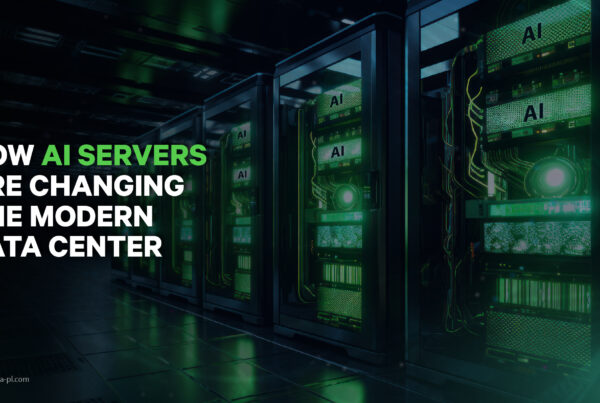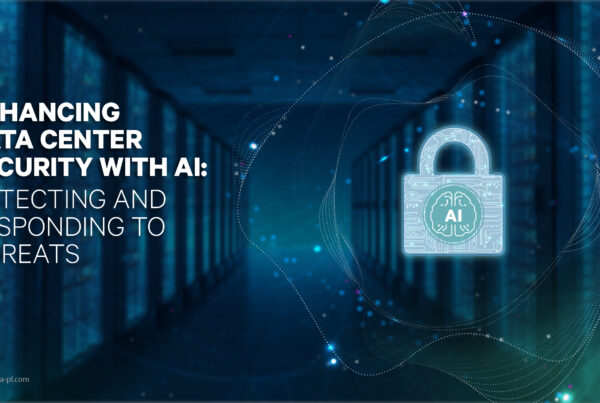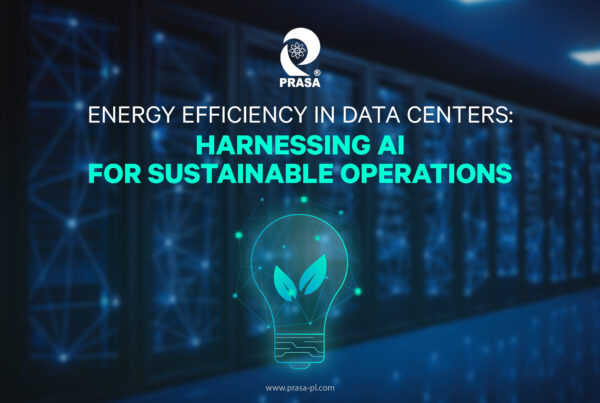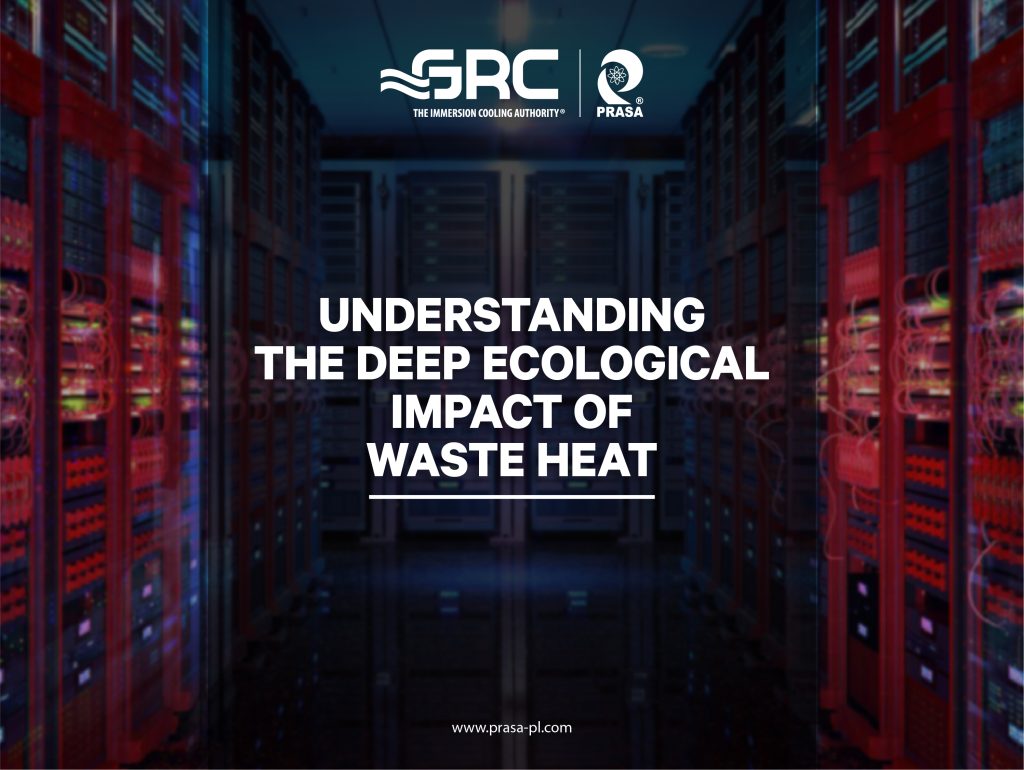
Data center servers release heat during operation with subtle yet perilous effects. Many data centers use air-based cooling systems to blow this waste heat out into the atmosphere. These data center operators may only consider the ecological impact as an afterthought, if at all. However, dumping waste heat into the atmosphere has deep environmental effects.
Thankfully, there’s a revolutionary new data center cooling technology that can transform harmful waste heat into a valuable asset. Immersion cooling uses liquid instead of air to cool servers. The liquid coolant works over a thousand times more efficiently and enables the heat to be recycled.
There’s little we can do to keep data centers from producing heat. However, it doesn’t have to be waste heat that damages the environment. By using liquid immersion cooling from PRASA |Green Revolution Cooling (GRC), you’ll undo the ecological impact of the excess heat. You’ll also enjoy an array of advantages, from competitive pricing to faster processor performance.
Data Centers Produce Waste Heat
A longstanding challenge for data centers is how to handle the heat emissions from IT equipment. Processors and other hardware invariably produce heat as a side effect of their electrical activity. But, you can’t just leave the heat where it’s emitted. That would overheat the IT equipment, resulting in poor performance and damage.
Data centers must handle the heat. This usually translates into the least-effort response: blowing the heat, and the air used for cooling, out of the building. While this may seem like an obvious response, it has an unwanted and typically unnoticed negative ecological impact.
The Deep Ecological Impact of Waste Heat
When heat goes from a data center into the open air, it worsens several key environmental problems. The waste heat increases global warming, but that’s only the start. Blowing the heat away with air conditioners takes electricity, and most of that electricity is generated from fossil fuels.
Producing electricity from fossil fuels is a messy process. It uses large amounts of water, and it releases carbon and various toxic chemicals into the atmosphere and soil. As such, blowing waste heat from data centers into the air poisons the planet’s environment on many fronts.
Taken together, data centers use more electricity and produce more pollution than entire countries—even more than the United Kingdom, the birthplace of the industrial revolution. And it’s not just electricity generation that poses a problem. Many other facets of data centers also harm the environment.
For instance, the batteries in uninterruptible power supply (UPS) systems and other parts use heavy metals that are mined and later disposed of—often improperly. There are also environmentally sensitive materials in the IT hardware. Of course, these make the problems occurring from waste heat dumping even more severe.
It behooves the data center industry to use ecologically responsible methods of managing waste heat. Organizations should do this of their own accord, but there is also mounting pressure from the public and new regulations to ensure data centers become sustainable.
With innovative technology from GRC, data centers can reduce the ecological impact of waste heat while saving money. They can even turn that waste heat into a useful resource.
Turn the Problem Into a Solution by Recycling Heat

There’s an alternative to the ecological disaster of air cooling. Liquid immersion cooling technology from GRC offers multiple simultaneous benefits. To start, it transports server heat in a liquid that doesn’t release the heat right into the atmosphere. As a result, you can now recycle server heat into productive outlets. You can even get paid for it.
For example, a data center can sell heat to a district heating system. Or you can just use the heat for your own building’s water and air. There are many other possible uses for recycled server heat, ranging from agriculture and aquaculture to manufacturing wood pellets and other goods.
Furthermore, liquid is a more efficient coolant than air, so you’re using less electricity. Immersion takes less coolant and less infrastructure to achieve more capable and even cooling. The servers are fully submerged in a coolant that protects against hot spots and overheating, oxidation, dust, vibrations, and many other threats.
These are just some of the benefits of upgrading to PRASA | GRC’s liquid immersion cooling. This cooling system also saves you money, takes up less space, and is faster and easier to deploy. When it comes to the environment, you’ll use far fewer resources to cool your data center. And, you’ll actually be able to turn the waste heat “problem” into a profitable solution.
Make Your Ecological Impact Positive With PRASA | GRC
With PRASA |GRC’s sustainable cooling technology, you can make your ecological impact positive instead of negative. Unlike air cooling, the liquid immersion tanks capture 100% of server heat, so you can keep waste heat out of the atmosphere and even put it to good use.
Data center operators have long ignored waste server heat, but the environmental costs are adding up and people are taking notice. We can no longer afford to ignore the catastrophic effects of dumping heat into the air, let alone the emissions and waste stemming from unnecessary electricity generation.
Now’s the time for a green revolution in cooling data centers. Instead of worsening the climate with waste heat, turn server heat into a powerful ally. Liquid immersion cooling makes this possible at a lower cost than conventional air cooling.
Data centers around the globe are discovering the advantages of PRASA | GRC’s immersion cooling systems. These organizations include large government agencies and corporate data centers, as well as the greenest supercomputer out there. Intel and other keystone tech companies have extensively tested immersion cooling systems and found them both cost-efficient and environmentally friendly.
Talk to PRASA today about upgrading to a cooling solution that can also help heal the environment.


